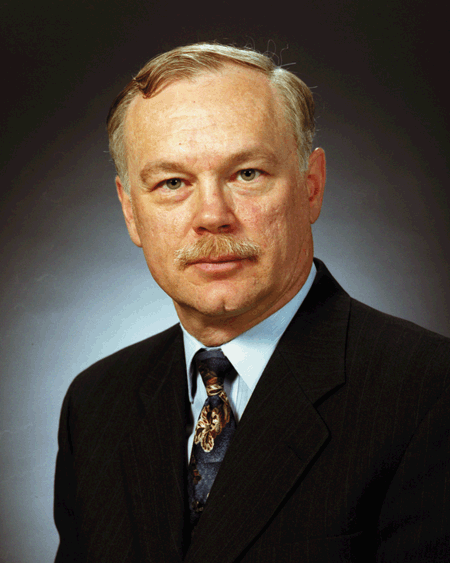|
|
Thursday, April 2, 2015 
09:30 AM - 10:15 AM
| Level: | Business/Strategic
|
A wide variety of applications — from land management to organization management, from gun registries to registries of pipeline components — require the ongoing recording, revision, distribution, querying, reporting, and analysis of information. Most often such systems are built by systems integrators starting from a relational DBMS and/or a GIS, with substantial additional software development and at costs in the tens of millions of dollars or more.
Registry Platforms are information management systems, meaning they provide sufficient abstraction to directly represent the objects of interest in the application domain. Registry Platforms provide high level constructs like objects, type systems, taxonomies, collections, and relationships. They fully support geospatial information and many other complex types.
Registry Platforms provide: - information governance such as application level audit trails, automated notification
- life cycle status management, independent of the content model
- secure, automated, fine grained, incremental information distribution to other platforms or external databases
- and they can act as information distributors, aggregators, and virtual data stores
Building a registry, or other enterprise information management system on a Registry Platform is faster, less expensive and provides far more features to your customers than any other starting point.
Ron Lake, CEO of Galdos Systems Inc., is an internationally recognized speaker in the field of Geographic Information Systems and geospatial interoperability, and he writes and speaks regularly on the topic of advanced spatial information systems.
Mr. Lake is a founding member of the Open Geospatial Consortium (OGC), and is the original creator of Geography Markup Language (GML), an OGC (Open Geospatial Consortium) specification and a standard of the International Standards Organization (ISO). He was presented the Gardel’s award in 2002 by the OGC for his work in creating GML and promoting its standardization on a global level.
Mr. Lake plays a significant role in shaping the international conversation regarding the GeoWeb and the Internet of Things – the global integration of data and systems that deal with the physical world.
Mr. Lake is the author of the book "Geography Markup Language – Foundation of the GeoWeb".
|
|
|



